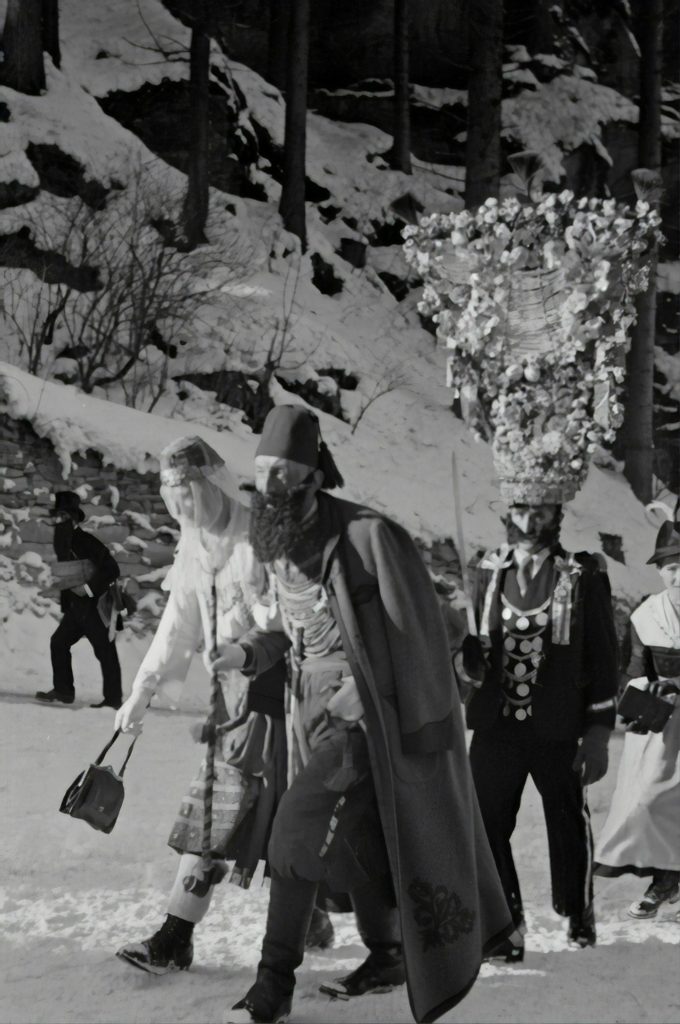In recent years, television screens have been dominated by a shadowy allure, as dark TV shows captivate audiences worldwide with their intricate plots and morally complex characters. From dystopian futures to crime-ridden narratives, these series delve into the depths of human nature, often painting a picture that is as unsettling as it is compelling. But what is it about these grim storylines that resonate so deeply with viewers? Could the rise in popularity of such shows be more than just a passing trend, reflecting something deeper about the society that consumes them? This article embarks on a journey to explore whether the fascination with dark TV shows mirrors the complexities and challenges of our modern world, or if it simply serves as an escape from reality into the realm of fiction. Join us as we unravel the threads connecting our collective psyche to the stories that haunt our screens.
Exploring the Shadows: Understanding the Rise of Dark TV Narratives
In recent years, audiences have been captivated by the surge of TV shows that delve into the darker aspects of human nature and society. From psychological thrillers to dystopian dramas, these narratives often highlight the complexities and moral ambiguities of their characters. This rise in popularity may suggest a reflection of society’s own grappling with the uncertainties and challenges of modern life. As viewers are drawn into these shadowy worlds, they are confronted with themes of power, identity, and survival, all wrapped in compelling storytelling that leaves them questioning their own realities.
- Complex Characters: Unlike traditional heroes and villains, dark TV narratives often feature morally ambiguous characters whose motivations and actions are layered and intricate.
- Real-World Parallels: Many of these shows mirror societal issues such as corruption, inequality, and existential dread, providing a lens through which viewers can explore these topics safely from their living rooms.
- Aesthetic Appeal: The visual and thematic darkness of these shows often complements the narrative, creating an immersive experience that is both haunting and beautiful.

Cultural Mirrors: How Dark Themes Reflect Societal Concerns
The allure of dark themes in television often mirrors the undercurrents of societal unease, offering a canvas where collective fears and anxieties are explored. These narratives, steeped in mystery and tension, do more than entertain; they serve as a reflection of societal concerns. As audiences are drawn to stories of dystopian futures, intricate conspiracies, and moral ambiguities, they engage with themes that resonate with contemporary issues such as political instability, economic uncertainty, and social inequality. This connection between fiction and reality suggests that viewers find solace in stories that acknowledge their apprehensions, providing a space for introspection and dialogue.
Through the lens of dark TV shows, we encounter a portrayal of the world that is both unsettling and captivating. These narratives often highlight the following elements that echo societal challenges:
- Isolation: Characters frequently navigate worlds where human connection is fractured, mirroring real-world concerns about social alienation.
- Corruption: Power dynamics and systemic corruption are recurring motifs, reflecting public skepticism towards institutions.
- Survival: Apocalyptic and survivalist themes underscore the fragility of modern life, resonating with fears of environmental and economic collapse.
By engaging with these themes, audiences are invited to confront their deepest fears, finding a shared understanding in the shadows of their concerns.

Balancing Act: The Psychological Impact of Consuming Dark Content
As viewers, we are often drawn to the shadowy allure of dark TV shows, yet the psychological implications of indulging in such content warrant thoughtful consideration. These narratives, rich in complexity and often steeped in moral ambiguity, can resonate deeply with our inner psyche. On one hand, they offer a safe space to explore our fears and anxieties, allowing us to process emotions that might otherwise remain repressed. On the other hand, continuous exposure to grim storylines might skew our perception of reality, potentially leading to a more cynical worldview. Striking a balance between engagement and detachment becomes crucial.
- Empathy and Understanding: Engaging with dark themes can foster empathy, allowing us to understand different perspectives and complex human emotions.
- Desensitization Risk: Repeated exposure might lead to desensitization, making us less responsive to real-world suffering and moral dilemmas.
- Escapism and Reflection: While these shows offer an escape from daily life, they also prompt reflection on societal issues, urging viewers to confront uncomfortable truths.
Ultimately, it’s essential to maintain a conscious awareness of how these narratives affect our mental state. Moderation, combined with critical engagement, can ensure that our consumption of dark content remains a source of insight rather than a trigger for distress.

Illuminating Solutions: Encouraging Diverse Storytelling in Media
In recent years, the surge in popularity of dark TV shows has sparked discussions about their reflection of societal realities. These narratives often delve into themes of isolation, moral ambiguity, and existential dread, resonating with audiences who find echoes of their own anxieties within these storylines. The allure of such content lies in its ability to provide a safe space for viewers to explore the complexities of the human condition. By immersing themselves in these stories, audiences may find solace or understanding in their own struggles, fostering a deeper connection with the characters and themes presented.
Encouraging diverse storytelling in media is crucial to ensure a variety of perspectives are represented. A balanced media landscape should include:
- Culturally rich narratives that offer insights into different ways of life.
- Stories from marginalized voices that challenge the status quo.
- Innovative formats that push the boundaries of traditional storytelling.
By embracing these elements, media can illuminate the vast spectrum of human experience, offering audiences a more comprehensive understanding of the world around them.









